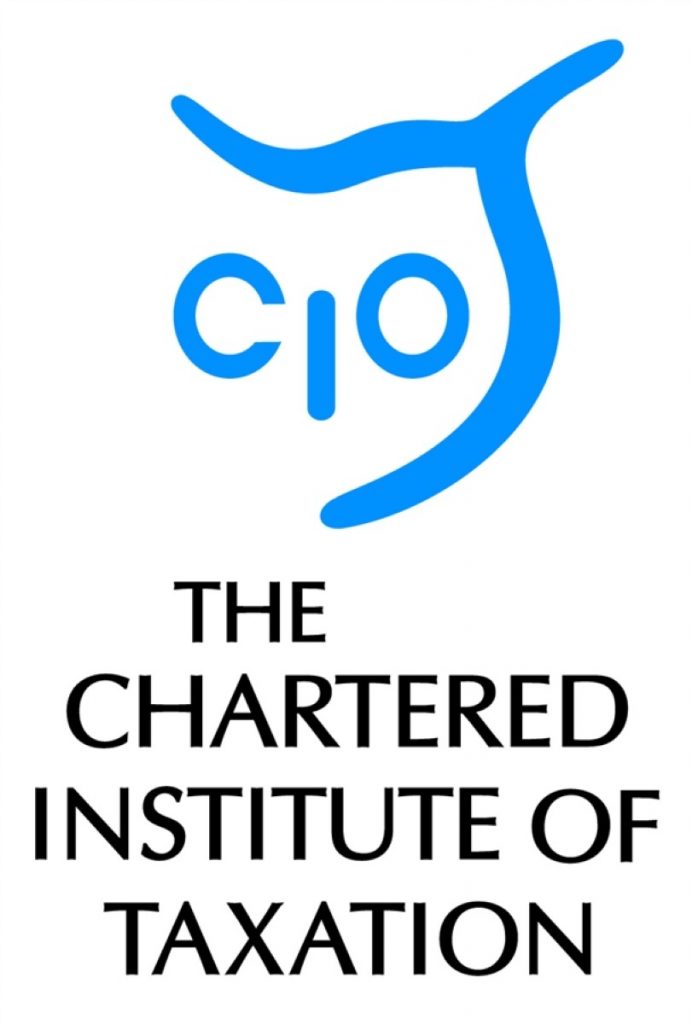CIOT: Looking forward to contributing to GAAR study
The Chartered Institute of Taxation (CIOT) has responded to the setting up of a study1 to look at the practical aspects of a General Anti-Avoidance Rule (GAAR), saying that it is looking forward to having the opportunity to contribute to the study group’s work.
John Whiting, CIOT Tax Policy Director said:
“The CIOT is very willing to engage constructively in the debate around a GAAR. We set out our views in a letter to the Government in September and look forward to making them to the study group.
“We are happy to examine the idea of a GAAR, although many of the underlying concerns that existed when this was looked at in 1999 remain. To provide certainty, a clearance mechanism would be needed; to provide fairness, some of the existing clutter of anti-avoidance rules would have to be abolished. If a GAAR is to be introduced, it should be part of a general reform of anti-avoidance law and not simply as an additional layer.
“I hope the study will look closely at international experience of the GAAR which has been quite mixed.
“Much has changed since a GAAR was last looked at: we have the successful disclosure regime; we have ‘TAARs’ (Targeted Anti-Avoidance Rules) and we have the Courts taking a much stronger line on avoidance. Given all of these, we cannot see that there is an obvious gap for a GAAR to fill.”
Notes to Editors
1. The Exchequer Secretary, David Gauke MP, announced in a written statement on Monday 6 December that he has asked Graham Aaronson QC to lead a study into a General Anti Avoidance Rule (GAAR). The statement states that: “This study will consider whether a GAAR could deter and counter tax avoidance, whilst providing certainty, retaining a tax regime that is attractive to businesses, and minimising costs for businesses and HMRC. The Government is committed to predictability and stability for the UK tax system, and would not introduce a GAAR without further formal public consultation.” Further details can be found on the Treasury website.
2. Countries with a GAAR include Canada, Hong Kong, South Africa, New Zealand and Australia.
3. The comments of the CIOT on the consultation on a GAAR, sent to HMRC on 15 September 2010, are available to download from: www.tax.org.uk.
4. The Chartered Institute of Taxation (CIOT) is a charity and the leading professional body in the United Kingdom concerned solely with taxation. The CIOT’s primary purpose is to promote education and study of the administration and practice of taxation. One of the key aims is to achieve a better, more efficient, tax system for all affected by it – taxpayers, advisers and the authorities.
The CIOT’s comments and recommendations on tax issues are made solely in order to achieve its primary purpose: it is politically neutral in its work. The CIOT will seek to draw on its members’ experience in private practice, government, commerce and industry and academia to argue and explain how public policy objectives (to the extent that these are clearly stated or can be discerned) can most effectively be achieved.
The CIOT’s 15,000 members have the practising title of ‘Chartered Tax Adviser’ and the designatory letters ‘CTA’.
– ENDS –
George Crozier
External Relations Manager
D: +44 (0)20 7340 0569
M: +44 (0)7740 477374
The Chartered Institute of Taxation
Registered charity number 1037771
www.tax.org.uk
The Association of Taxation Technicians
Registered charity number 803480
Registered company number 2418331
VAT Registration Number 497 5390 90
www.att.org.uk
1st Floor, Artillery House, 11-19 Artillery Row, London SW1P 1RT





-01.png)